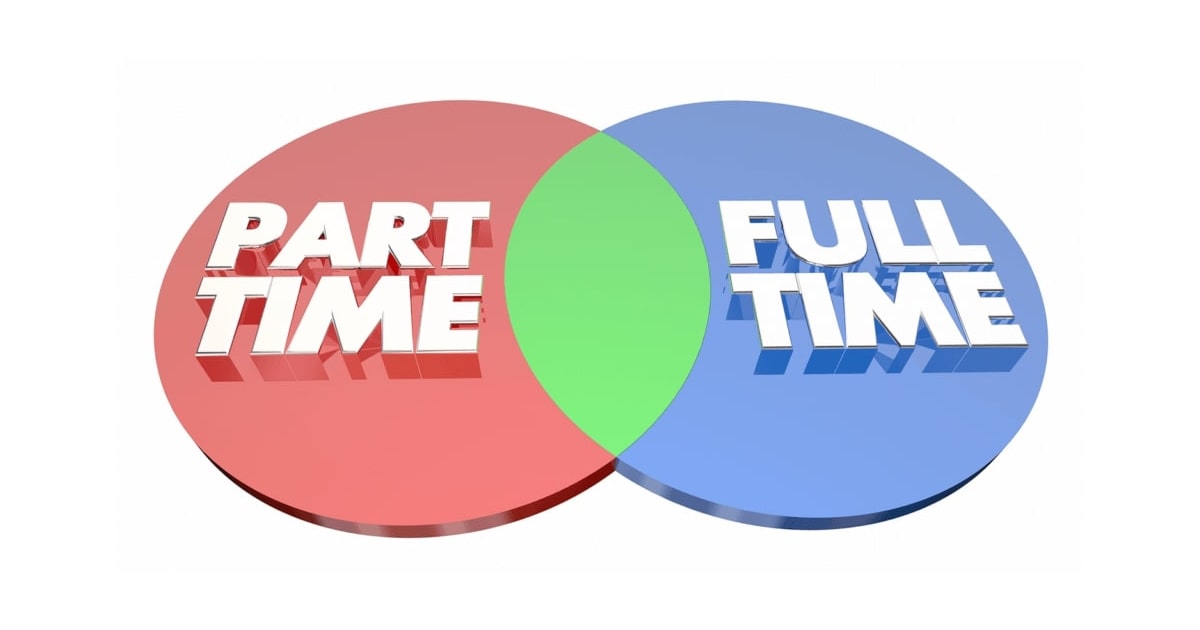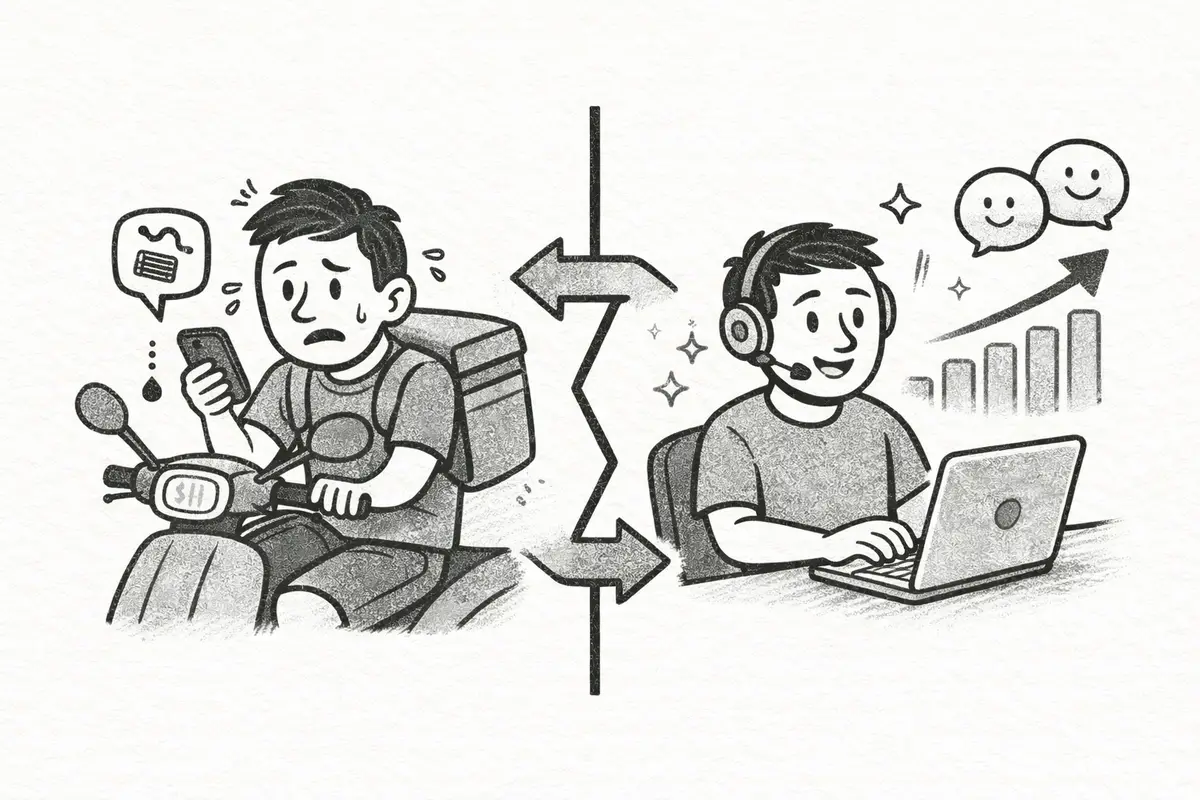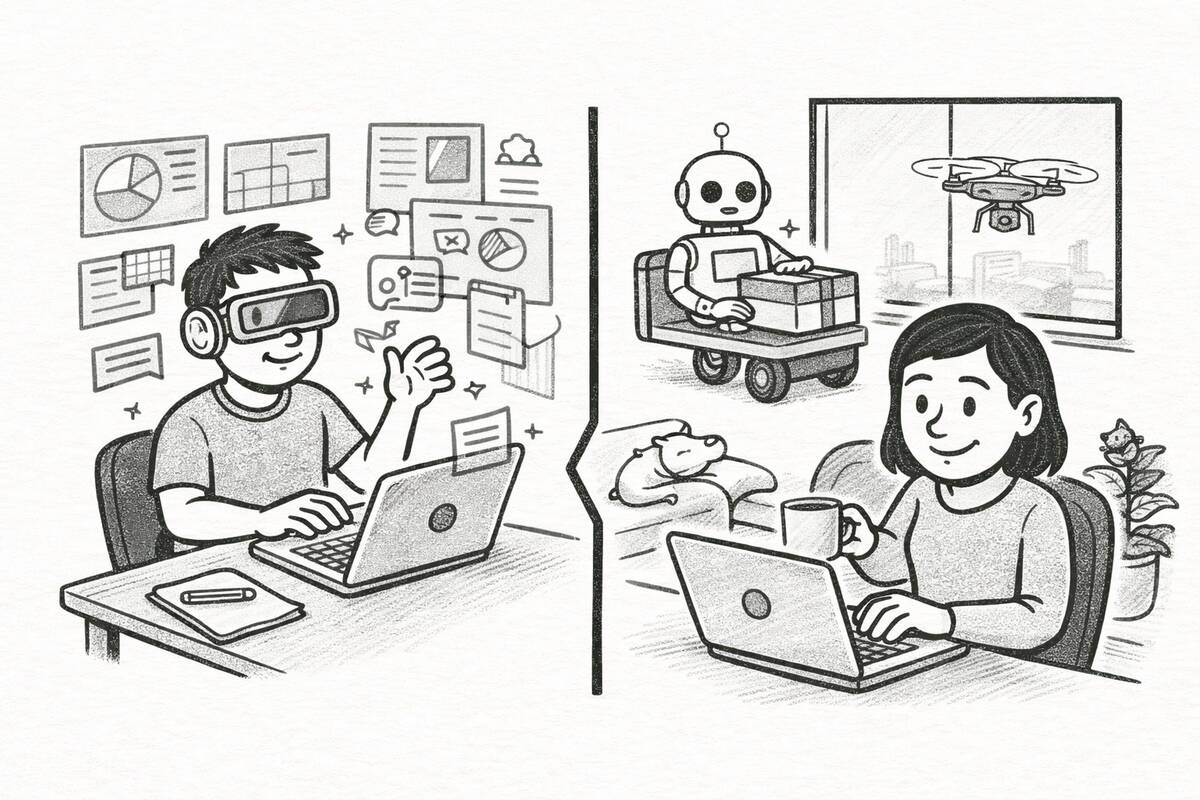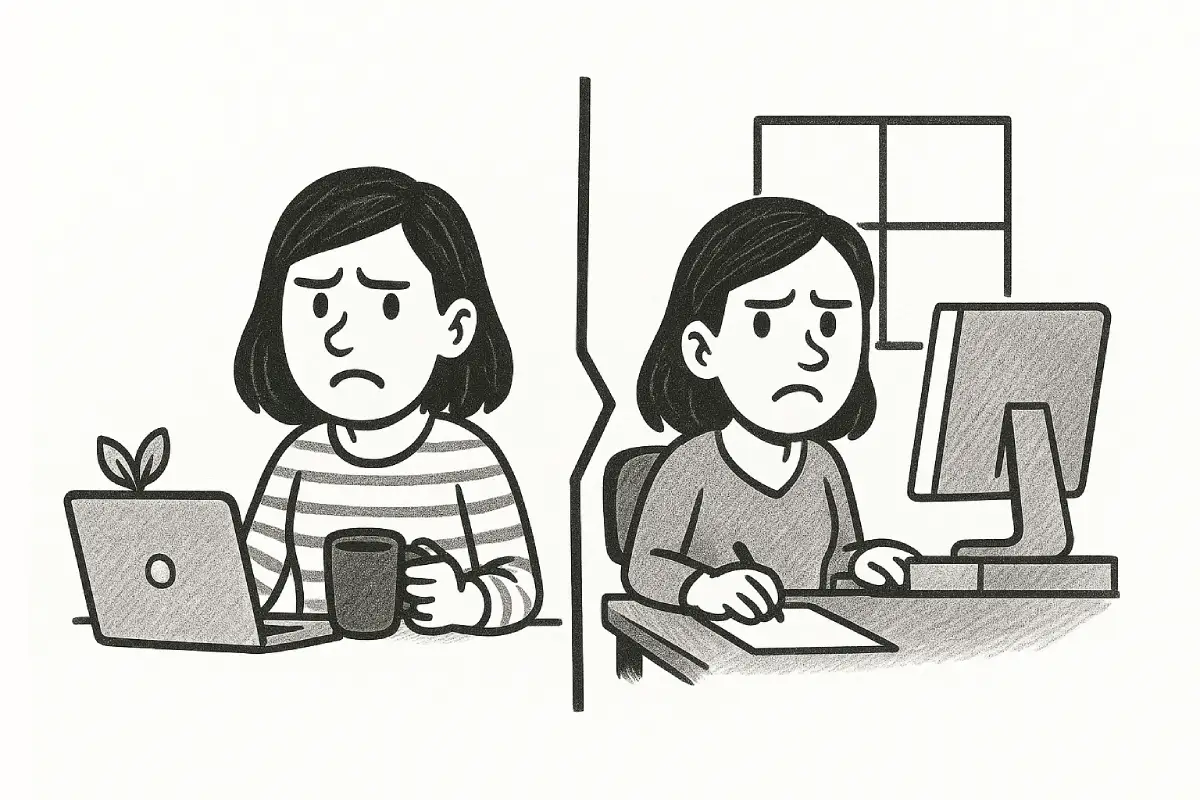When considering a new job, one of the important decisions you’ll need to make is whether to pursue a part-time or full-time position. While both options have their pros and cons, it’s important to understand the benefits offered by each to make an informed decision.
Full-Time Benefits
Full-time employees typically enjoy a comprehensive benefits package, including health insurance, paid time off, retirement plans, and more. These benefits are often a key factor in attracting and retaining top talent, and they can provide valuable financial and personal security for employees and their families.
Part-Time Benefits
Part-time employees, on the other hand, may not be eligible for the same range of benefits as full-time employees. While some employers do offer benefits to part-time employees, these benefits may be limited, and part-time employees may have to pay a higher portion of the premium for health insurance or other benefits.
Consider the Total Compensation Package
When deciding between a part-time and full-time position, it’s important to consider the total compensation package, including both salary and benefits. A part-time position with a higher hourly wage and fewer benefits may still offer a better overall compensation package than a full-time position with a lower salary and more benefits.
Factors to Consider
There are several factors to consider when deciding between a part-time and full-time position, including:
- If you’re looking for a better balance between work and personal life, a part-time position may be the better option. Part-time positions often offer a more flexible schedule, allowing you to work fewer hours and have more time for other commitments.
- Full-time positions typically offer more opportunities for career advancement and professional development. If career advancement is a priority, you may want to consider a full-time position.
- Full-time positions typically offer more financial security, including a higher salary, a comprehensive benefits package, and opportunities for bonuses and incentives.
- Your personal circumstances, such as family commitments or health considerations, may also play a role in your decision.
Hybrid Options
It’s worth noting that there are also hybrid options available, such as job sharing or flexible scheduling. These options may offer the best of both worlds, allowing you to work part-time hours while still enjoying some of the benefits typically offered to full-time employees.
If you’re considering a hybrid option, it’s important to discuss the details with your potential employer and make sure you understand the terms of the arrangement. Be sure to ask about the benefits offered, such as health insurance, paid time off, and retirement plans, and how they compare to full-time benefits.
Do Your Research
When deciding between a part-time and full-time position, it’s important to do your research and carefully consider the benefits offered by each option. This may include researching the company’s benefits package, speaking with current and former employees, and talking to a career counselor or human resources representative.
By taking the time to research your options, you can make an informed decision that’s right for you and your career. Whether you choose a part-time or full-time position, you can find a role that offers the benefits and opportunities you need to thrive in your career.
The Importance of Negotiation
Regardless of which option you choose, it’s important to negotiate the terms of your employment. This includes not only your salary, but also your benefits, schedule, and other important aspects of your job.
When negotiating, it’s important to be clear about your priorities and what you’re looking for in a job. If benefits are important to you, for example, make sure to ask about the company’s health insurance options and paid time off policy. If you’re interested in a flexible schedule, be sure to ask about the company’s policy on remote work or flexible hours.
By negotiating effectively, you can ensure that you’re getting the best possible deal and that your job is a good fit for your needs and priorities.
The Bottom Line
When deciding between a part-time and full-time position, it’s important to carefully consider the benefits offered by each option and determine which is the best fit for your career goals and personal circumstances. With a clear understanding of your priorities and the right approach to negotiation, you can find a job that offers the benefits and opportunities you need to succeed.
Conclusion
Whether you choose a part-time or full-time position, it’s important to carefully consider the benefits offered by each option and determine which option is the best fit for your career goals and personal circumstances. With careful thought and a clear understanding of your priorities, you can make an informed decision that’s right for you.
You might also like: Why Your Team Doesn’t Trust You (And How to Fix It)









